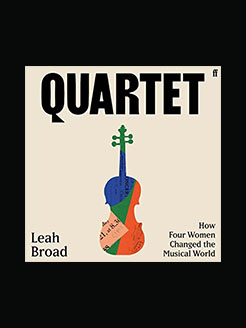Published in 2020
496 pages
Elizabeth F. Thompson is a professor of history at the University of Virginia. She is the author of Justice Interrupted: The Struggle for Constitutional Government in the Middle East (Harvard, 2013), which profiles a dozen political movements against tyranny and inequality in the Middle East since 1839, culminating in the Arab uprisings of 2011. Her first book, Colonial Citizens: Republican Rights, Paternal Privilege and Gender in French Syria and Lebanon (Columbia, 2000), won book prizes from the American Historical Association and the Berkshire Conference of Women Historians. Prof. Thompson has also won research awards from the Carnegie Corporation of New York, the Social Science Research Council, the U.S. Institute of Peace, and the Library of Congress. With Mustafa Aksakal, she is Middle East co-editor of the new 1914-1918 Online encyclopedia of the First World War and co-director of the National Endowment for Humanities Summer Seminar for Faculty, “World War I in the Middle East.”
What is this book about?
When Europe’s Great War engulfed the Ottoman Empire, Arab nationalists rose in revolt against the Turks. The British supported the Arabs’ fight for an independent state and sent an intelligence officer, T.E. Lawrence, to join Prince Faisal, leader of the Arab army and a descendant of the Prophet. In October 1918, Faisal, Lawrence, and the Arabs victoriously entered Damascus, where they declared a constitutional government in an independent Greater Syria.
At the Paris Peace Conference, Faisal won the support of President Woodrow Wilson, who sent an American commission to Syria to survey the political aspirations of its people. However, other Entente leaders at Paris—and later San Remo—schemed against the Arab democracy, which they saw as a threat to their colonial rule. On March 8, 1920, the Syrian-Arab Congress declared independence and crowned Faisal king of a “representative monarchy.” Rashid Rida, a leading Islamic thinker of the day, led the constituent assembly to establish equality for all citizens, including non-Muslims, under a full bill of rights.
But France and Britain refused to recognize the Damascus government and instead imposed a system of mandates on the Arab provinces of the defeated Ottoman Empire, on the pretext that Arabs were not yet ready for self-government. Under such a mandate, the French invaded Syria in April 1920, crushing the Arab government and sending Faisal and Congress leaders in flight to exile. The fragile coalition of secular modernizers and Islamic reformers that might have established democracy in the Arab world was destroyed, with profound consequences that reverberate still.
Using many previously untapped primary sources, including contemporary newspaper accounts and letters, minutes from the Syrian-Arab Congress, and diary and journal entries from participants, How The West Stole Democracy From The Arabs is a groundbreaking account of this extraordinary, brief moment of unity and hope—and of its destruction.







